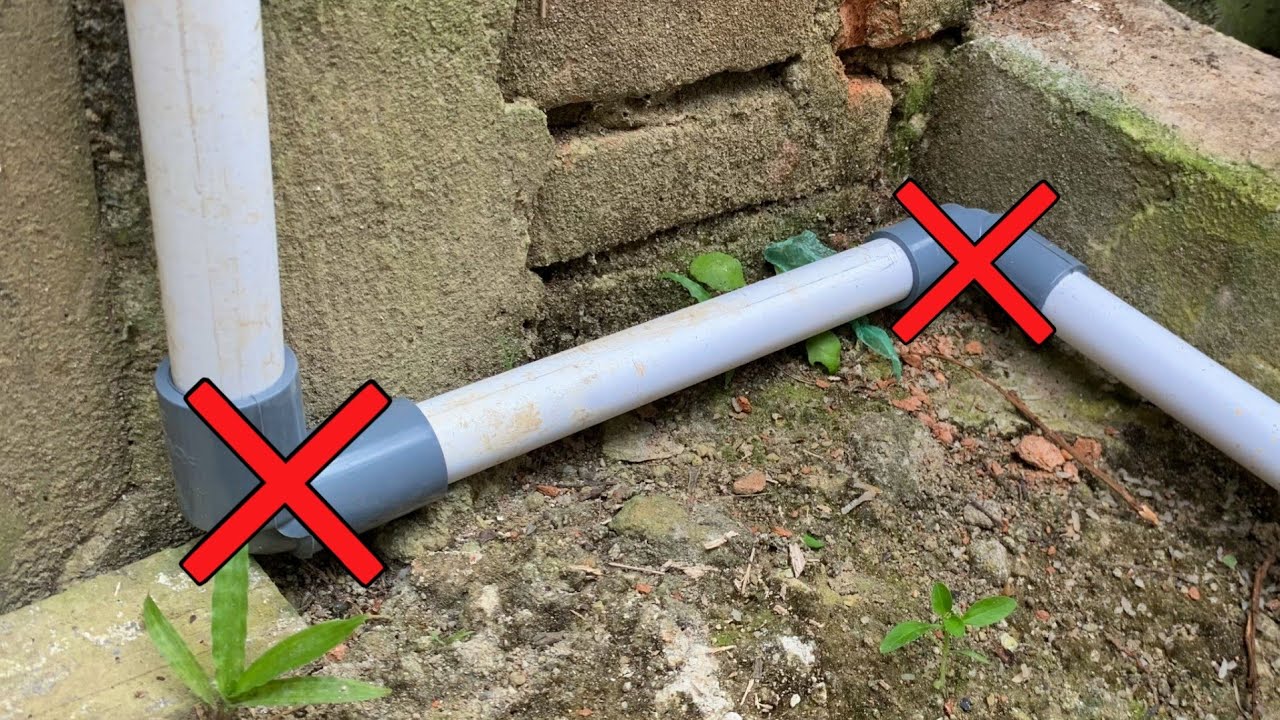A center for criminal prosecution of Russian aggression in Ukraine has opened in The Hague. The goal is to gather evidence and prepare indictments against alleged perpetrators. The new center is located at the EU agency Eurojust in The Hague, Netherlands. Eurojust coordinates legal support for Ukraine and has already established a central database for evidence of war crimes, crimes against humanity, and genocide, said EU Justice Commissioner Didier Reynders.
“After the start of the war, Eurojust supported Ukraine financially and logistically to ensure that the perpetrators would not go unpunished,” he said. “A joint investigation team was quickly established, consisting of Ukraine, Lithuania, and Poland.” Estonia, Latvia, Slovakia, and Romania have also joined, along with the International Criminal Court.
“It will be a coordination platform”
The newly opened center for criminal prosecution of Russian aggression in Ukraine aims to bring together different actors and assist in analyzing evidence. There is currently an over-documentation because many witnesses are being questioned multiple times by different investigators, explained Eurojust President Ladislav Hamran.
“It will be a coordination platform. Five countries, for example, are investigating Russia at the national level, and we want to organize that. Prosecutors from Ukraine, the EU, the US, and the International Criminal Court will jointly analyze the evidence and prepare the prosecution against Russia,” he said. The center will now consolidate everything in one database.
Possible Special Tribunal against the Kremlin
This is also intended to pave the way for a possible special tribunal against the Kremlin leadership. Because even though the International Criminal Court is already investigating war crimes, an essential aspect of this war remains unaddressed, said German Minister of Justice Marco Buschmann. For the victims of aggression, it is important that the perpetrators of such a war are held accountable.
This is a topic regularly discussed at EU Justice Ministers’ meetings. “We must ensure that there are no gaps in prosecution, even for the crime of aggression,” Buschmann said. “And currently, we have a gap for the crime of aggression.” The International Criminal Court cannot prosecute the crime of aggression because, according to its own rules, it is applicable only to states party to the treaty. However, Russia is not a party to the treaty.
Similarly, the United States is not a party to the treaty, which raises questions about the credibility of the West, particularly regarding the crime of aggression. On the other hand, it is also unlikely that the leadership around President Vladimir Putin will actually face an international court without a change of government in Moscow.




























































